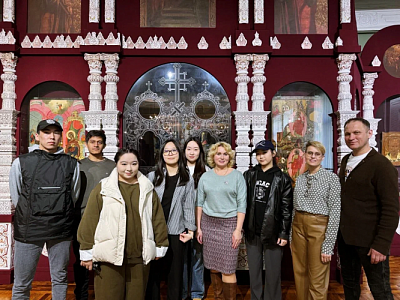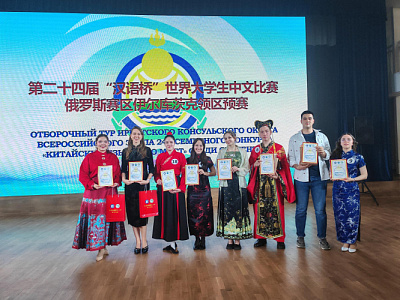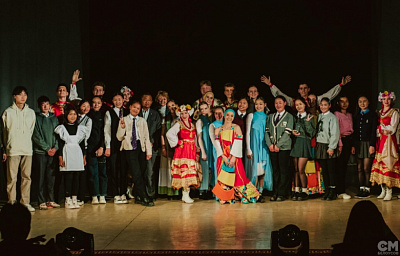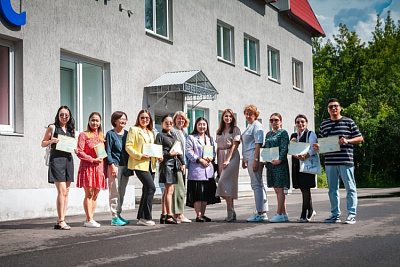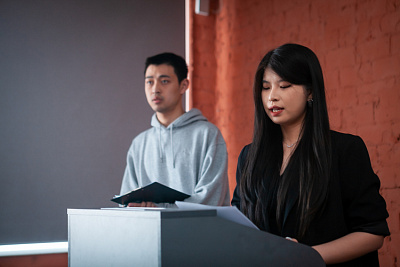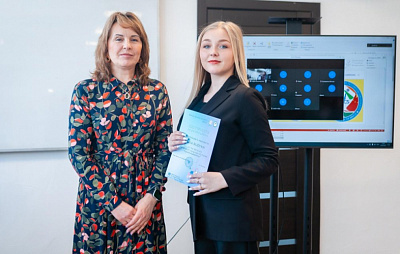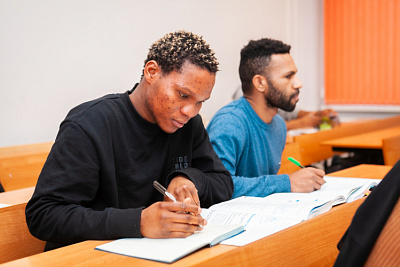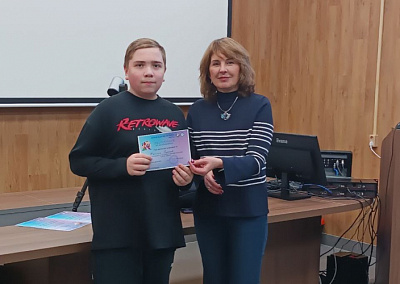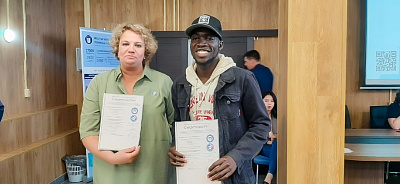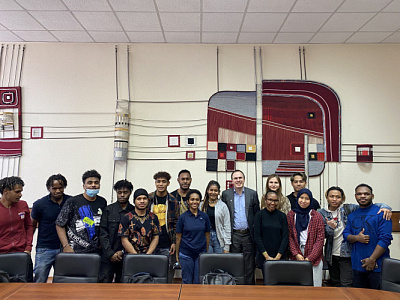Department of Humanities

Key personnel
 Phone
Phone
Teaching staff
Educational programs
 Russian
Russian  Russian
Russian Research projects
Scholarly Communication Assistant
Scholarly or academic communication involves presenting ideas effectively and formally in a scholastic environment. If you attend an institution of higher education, you can use these skills to contribute to the academic conversation with your professors and peers. No doubt, it is not an easy task to build solid arguments, sound convincing, express integrity and authenticity, avoid dogmatism and provide constructive feedback. What makes it all harder to perform is that your instructors and classmates are foreigners, and you are supposed to become powerful academic communicators who use English, Russian or Chinese as your second or third language.
“While we teach, we learn,” said the Roman philosopher Seneca. Department of Humanities is bringing this ancient wisdom up to date designing an innovative approach to multiculturalism and soft skills development. Our best and the most enthusiastic senior students are engaged in instruction where they document that teaching is such a fruitful way to learn and assist our freshmen to adapt to the new university environment.
International Students’ Conference “Current Trends in Multidisciplinary Research”
Great presentation skills are truly life skills that we efficiently integrate into numerous professional and research areas. Presenting to an audience is one thing, but presenting ideas in a persuasive manner to the key stakeholders of your field in a foreign language is much more challenging, especially for freshmen and sophomores. “Current Trends in Multidisciplinary Research” is an annual academic competition that gives our students a great chance to present a scientific report at a real international conference being estimated by a multicultural team of experts. With this valuable hand-on experience, our students obtain effective oral presentation skills in compliance with academic environment rules of etiquette. In addition, they learn to demonstrate their understanding and competent navigation of the issues covered, apply graphic imaging and technical means. The jury employs both general and research criteria to assess students’ work: language skills, presentation skills, topicality, coherence, argumentation, and originality. Finally, emulous young researchers are given an opportunity to publish their papers in the journals of the university.
 Mail
Mail
 English
English 